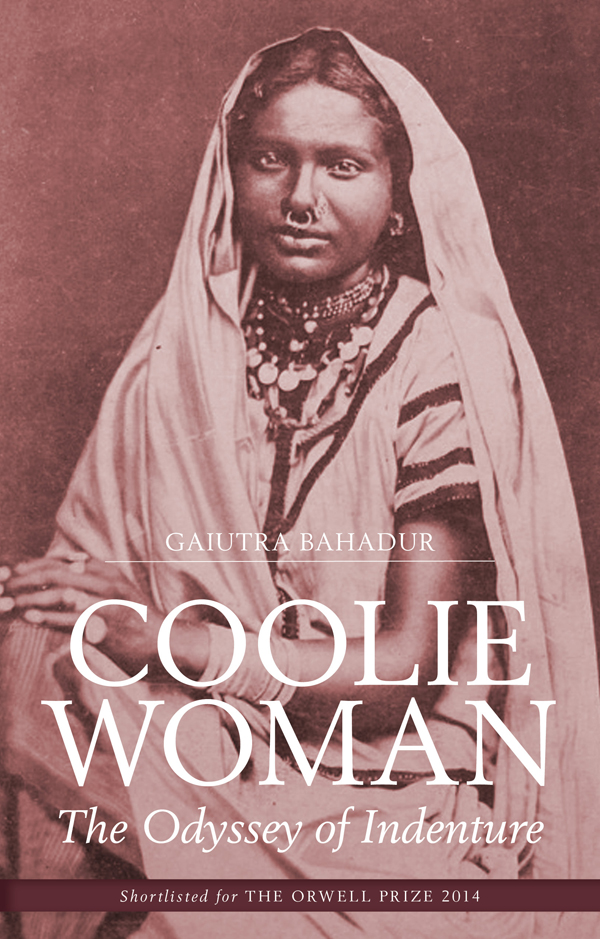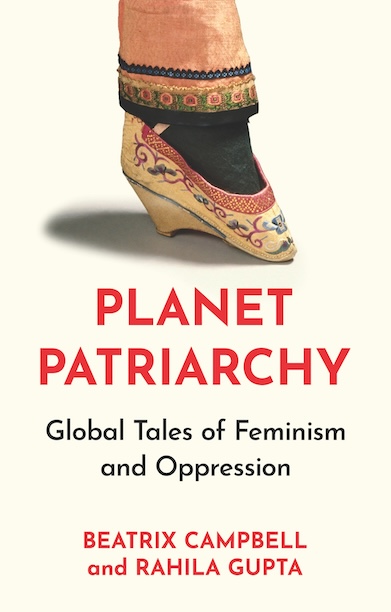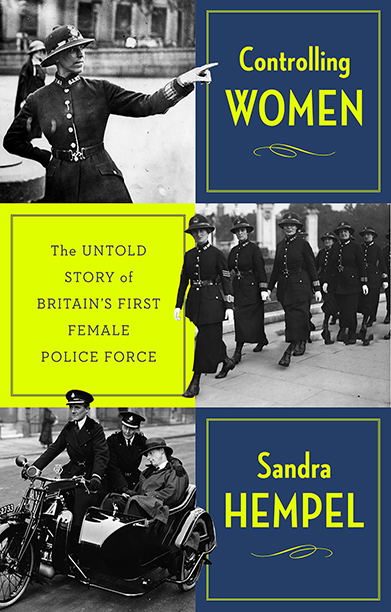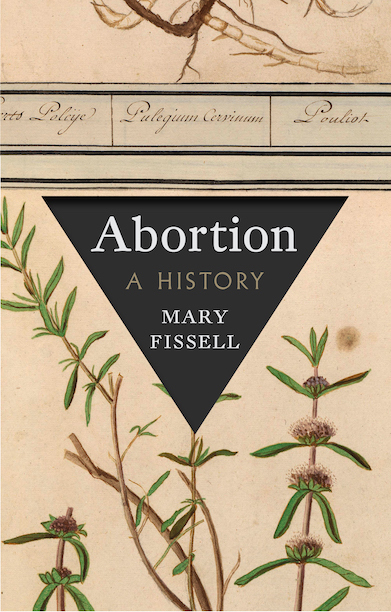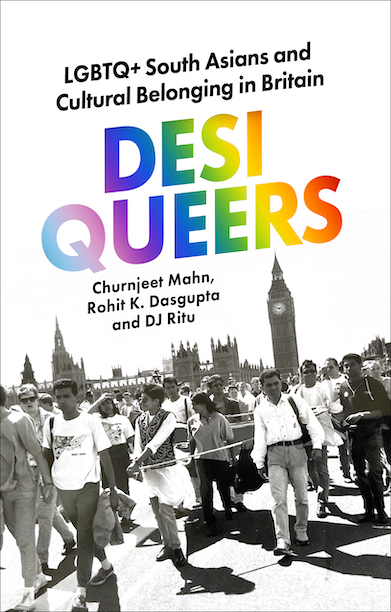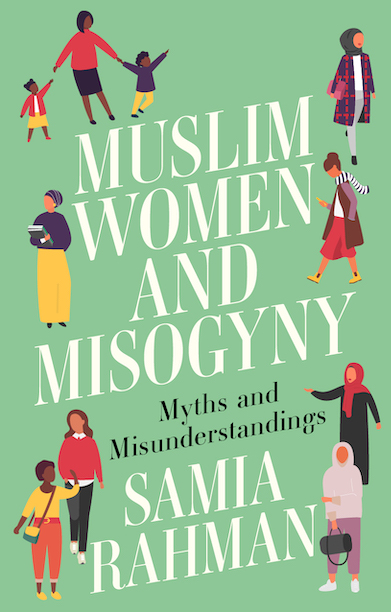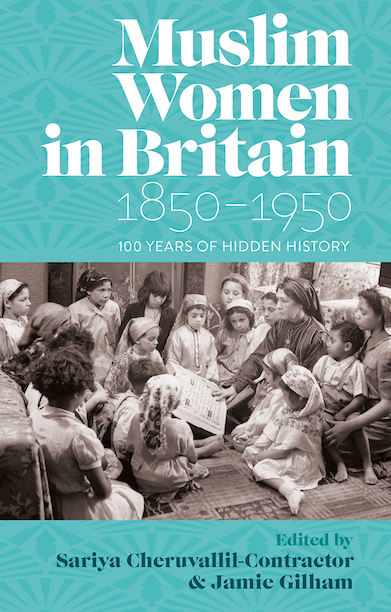Coolie Woman
The Odyssey of Indenture
SHORTLISTED FOR THE ORWELL PRIZE 2014
‘A genealogical page-turner.’–The Guardian
Description
In 1903 a Brahmin woman sailed from India to Guyana as a ‘coolie’, the name the British gave to the million indentured labourers they recruited for sugar plantations worldwide after slavery ended. The woman, who claimed no husband, was pregnant and travelling alone. A century later, her great-granddaughter embarks on a journey into the past, hoping to solve a mystery: what made her leave her country? And had she also left behind a man?
Gaiutra Bahadur, an American journalist, pursues traces of her great-grandmother over three continents. She also excavates the repressed history of some quarter of a million female coolies. Disparaged as fallen, many were runaways, widows or outcasts, and many migrated alone. Coolie Woman chronicles their epic passage from Calcutta to the Caribbean, from departures akin either to kidnap or escape, through sea voyages rife with sexploitation, to new worlds where women were in short supply. When they exercised the power this gave them, some fell victim to the machete, in brutal attacks, often fatal, by men whom they spurned. Sex with overseers both empowered and imperiled other women, in equal measure. It also precipitated uprisings, as a struggle between Indian men and their women intersected with one between coolies and their overlords.
Reviews
‘With Coolie Woman, Bahadur lifts the veil of anonymity. She combines her journalistic eye for detail and story-telling gifts with probing questions, relentlessly pursuing leads to create a haunting portrait of the life of a subaltern. “Can the subaltern speak?” the theorist Gayatri Chakravorty Spivak had asked rhetorically. Yes, she can. Through the story of Sheojari, Bahadur shows how.’ — Salil Tripathi, The Independent
‘Coolie Woman: The Odyssey of Indenture is a genealogical page-turner interwoven with a compelling, radical history of empire told from the perspective of indentured women. The collective voice of the “jehaji behen” (ship sisters) has been barely audible across the centuries, until now … Bahadur grants us rare imaginative access to the odyssey through the experience of women’s stories she finds in the archives.’ — The Guardian
‘Gaiutra Bahadur has produced an intricate, thoroughly researched and beautifully written book that evokes the experience of emigrant Indians and their descendants.’ — Gad Heuman, Times Literary Supplement
‘In her remarkable book, Gaiutra Bahadur chronicles the extraordinary but neglected saga of indentured labour that evolved when the British began to replace slavery on their sugar plantations worldwide. But the book is more than this: it is also a highly personal account that traces the history of the author’s maternal line to the present day. As Bahadur clambers down the generations, she provides the reader with a meticulous and lushly detailed family memoir. …This is a fascinating story, which will have resonance for millions of others who are swept up and transformed by history and have to find a new way to create “home”.’ — Andrea Stuart, Literary Review
‘Bahadur’s passion shines through … Its real success is to balance Bahadur’s personal tale of discovery with the broader story of the 250,000 other “coolie women” who fled sometimes tricky personal circumstances in India only to find their new lives were another battle for survival.’ — The National
‘Bahadur has uncovered an astonishing piece of history.’ — Sadip Roy, Firstpost.com
‘I thought I knew something about slavery and forced labour, having written two books on the subject. And I thought I knew something about immigration to the New World. But Gaiutra Bahadur’s book made me realise how the experience of a whole generation of women like her great-grandmother profoundly challenges the various stereotypes we have. This is a highly original combination of careful scholarship and well-told personal journey.’ — Adam Hochschild, author of Bury the Chains: the British Struggle to Abolish Slavery
‘With the exhilarating meticulousness of a period film, Coolie Woman recreates a vanished world and casts a personal searchlight on the saga of indenture. Gaiutra Bahadur rescues her great-grandmother Sujaria and other ‘coolie’ women from the archives by means of a narrative that is both scholarly and soulful. In detailing the bitter journeys of her forebears, in making their astonishing experiences real and sympathetic, and in registering the complexities of their lives — not least the extent to which they made choices where one might have expected helplessness — Bahadur honours their memories and shows herself their worthy descendant.’ — Teju Cole, author of Open City
‘Gaiutra Bahadur braids a dazzling rope from the history of Indian migration to the Caribbean, the experience of Indians in Guyana and of Indo-Guyanese immigrants in the United States, and the joy and pain of “return” to India. Deeply researched, elegantly written, Coolie Woman is a major contribution to the literature of diaspora.’ — Richard Drayton, Rhodes Professor of Imperial History, King’s College London
‘ …an epic and remarkably revealing account of love, intrigue, betrayal, and murder on the sugar plantations … Bahadur has shed unexpected light on the origins of sexual violence in many a dislocated community.’ — The Philadelphia Inquirer
‘Bahadur provides a meticulously-researched, scholarly-like work on this littleknown history of migration. It is a riveting read and if anyone was compelled to trace their family history, this will be a hard act to follow.’ — Eastern Eye
‘Gaiutra Bahadur’s pathbreaking book carefully excavates an imperial history of violence and uprooting. But this is no simple account of victimhood. It shows, with understated literary power, the bitterly paradoxical nature of colonial modernity: the unbearable dialectic between enslavement and liberation that many unsung millions underwent in their private lives.’ — Pankaj Mishra, author of From the Ruins of Empire: The Revolt Against the West and the Remaking of Asia
‘An astonishing document… both a historical rescue mission and a profound meditation on family and womanhood, Bahadur’s Coolie Woman spans continents and centuries, the private and national, to bring to light the extraordinary lives of the author’s great-grandmother and the other quarter of a million kuli women that came to the New World as indentured laborers. Bahadur’s meticulous research and tireless perseverance have restored an important chapter in our histories — outstanding work.’ — Junot Diaz, Pulitzer Prize-winning author of The Brief Wondrous Life of Oscar Wao and This Is How You Lose Her
‘In this fine book, Gaiutra Bahadur probes the hidden world of these indentured women. … Bahadur’ s research (conducted in Guyana, India, and the United Kingdom) is deep and meticulous in both primary and secondary literature, and the story is told with the novelist’s practiced eye for the telling detail. Good history here is a good read as well. And along the way, we catch glimpses of the sordid world of servitude and suffering on the colonial plantations in the nineteenth and twentieth centuries across the world.’ — Brij Lal, The Journal of Asian Studies
‘Every so often a history comes along that grips you into a cascade of compelling narrative. The writer excavates new ore from old seams. Coolie Woman is such a book, destined for a unique place in the multi-mirror of Caribbean culture.’ — John Agard, playwright and poet
‘The academic and emotional energies of this book are vivid in their depictions, energetic and occasionally ruthless in their factual expeditions, unflagging in their documentarian zeal. Coolie Woman is no non-fictive lightweight—brand new though it may be in the genre of Indo-Caribbean diasporic writing, it’s poised for tremendous impact … What the writer reveals isn’t just her great-grandmother’s story. She mines generations of discourse on the social and cultural mores that governed the lives of … the quarter of a million women who braved those uncertain passages over the kala pani to work and struggle and eke out an existence on sugar plantations.’ – The Trinidad & Tobago Guardian
‘Bahadur has written a masterly chronicle of the lives of “coolie women” (and also “coolie men”). …The stories are both poignant and horrific: abuse, promiscuity, rape, mutilation, cuckoldry, and murder abound (according to Bahadur, this legacy still survives in Guyana), owing to the shortage of women and the double struggle between “men and women, colonizer and colonized.”‘ …This spellbinding account of a story that needed to be told is highly recommended.’ — Library Journal
‘Coolie Woman is an important, unmissable account. From colonialism to labour in India, immigrant narratives to the hidden lives of women, Ms Bahadur excavates a rich and unforgettable set of stories that will permanently change our view of the past.’ — Nilanjana S. Roy, Business Standard‘
Bahadur does a remarkable job of putting together the jigsaw puzzle of what life was like for women like her great grandmother by drawing upon less conventional sources like photographs, postcards, newspaper headlines and so on. What emerges is a remarkable narrative of survival that spans continents and turns silences into testimonies of indomitable character.’ — Mumbai Boss (best Indian non-fiction book of 2013)
‘At one level this is a family history, as the author…searches for her roots. At a deeper level, it explores the social history of indentured labour and the imperial policies by which it was governed… It is a colourful story, well told.’ — William Crawley, Asian Affairs
‘The book’s… importance does not lie in Bahadur’s personal journey of exploration but in the larger story she excavates with the careful eye of a historian. An illuminating study of how an empire was built on the labour of the dispossessed.’ — Vashna Jagarnath, The Con, 2014
‘…a moving, foundational book, investigating the experience of indentured Indian women in the Caribbean. It is solidly researched and as such it reveals the difficulty of understanding the human lives concealed within documents. Bahadur delicately reconstructs these women’s lives, seen only through a glass darkly, piecing them together with respect and even admiration. This is a book that will both be of great use to scholars and a compelling text for non-specialists.’ — Indira Karamcheti, Women’s Review of Books
Author(s)
Gaiutra Bahadur is an American journalist and book critic who writes frequently about the culture and politics of global migration. Her reporting, criticism and essays have appeared in The New York Times Book Review, Washington Post Book World, The Nation, The Virginia Quarterly Review, The (London) Observer, History Today and Ms., among other publications. A former daily newspaper staff writer, Gaiutra has told the stories of asylum seekers and immigrants in Philadelphia and its suburbs and reported from Baghdad, Iraqi refugee outposts in Syria and Jordan, and the U.S.-Mexico border. She was born in Guyana and immigrated to the United States with her family at the age of six. Gaiutra studied literature at Yale and journalism at Columbia and was a 2007-2008 Nieman Fellow at Harvard.
